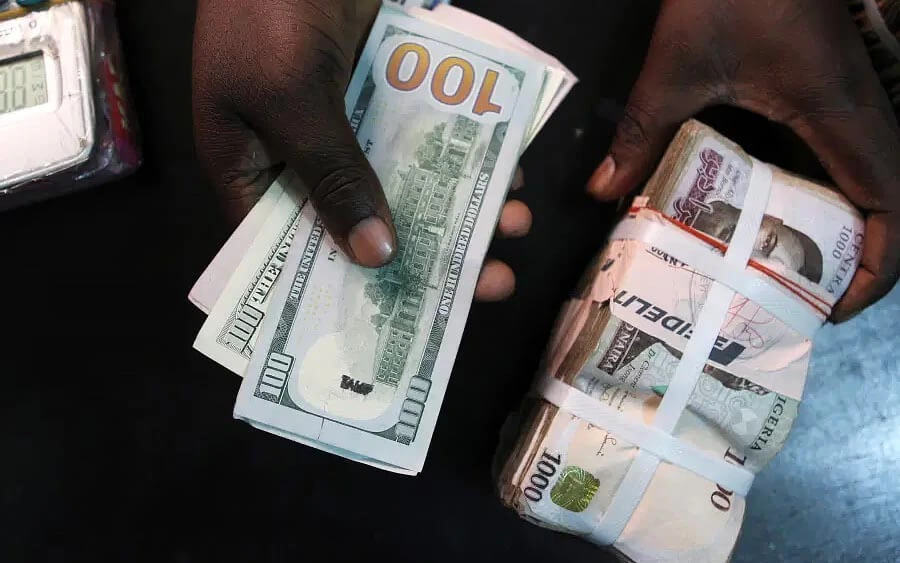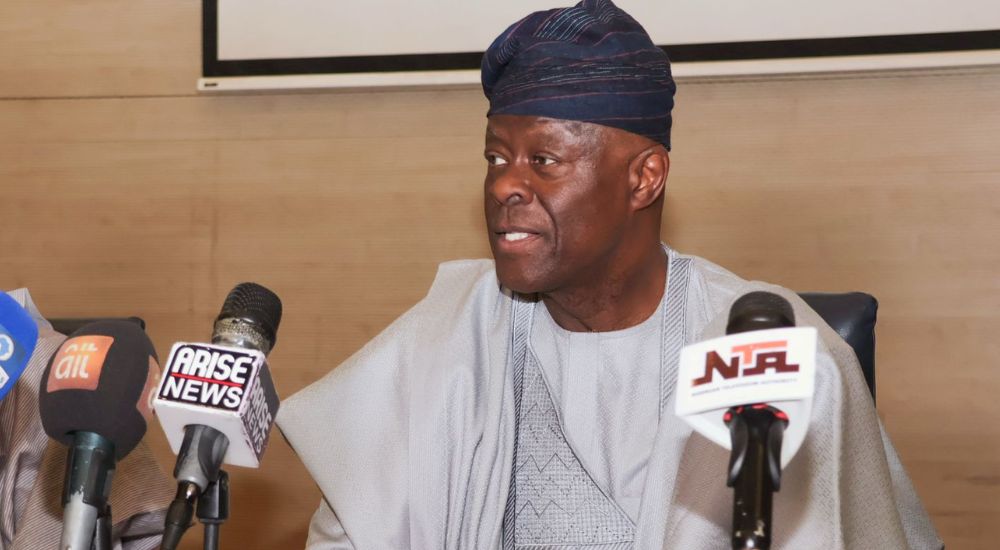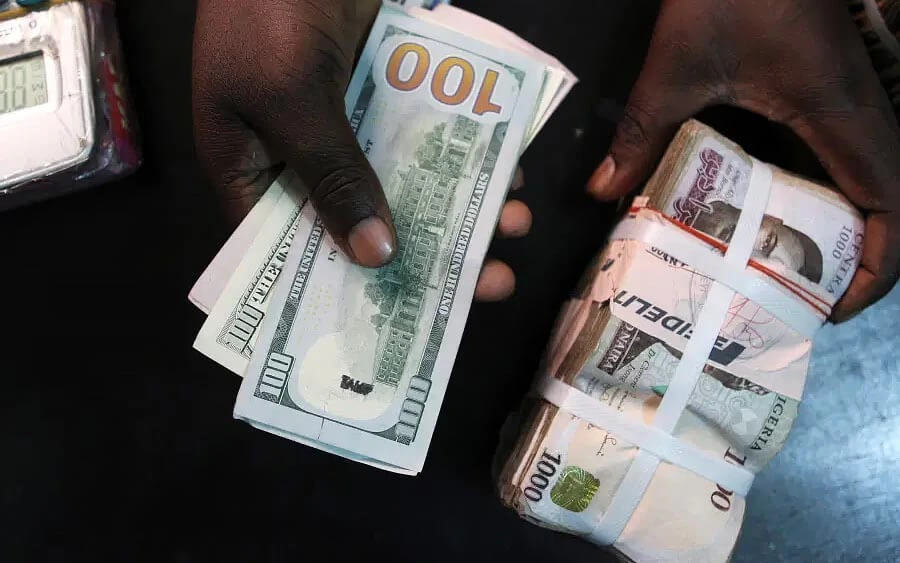Naira Depreciation, Economic Crisis Reduced Nigeria’s GDP By Over $300bn, Says CFG Advisory Boss

The Chief Executive Officer of CFG Advisory, Mr. Adetilewa Adebajo, has highlighted debt reduction and oil asset sales as critical strategies to revitalize Nigeria’s struggling economy.
Speaking on the CFG Nigeria’s 2025 Economic Forecast tagged ‘From Reform Fatigue Quagmire to Sustainable Growth’, Adebajo stressed the urgent need for the federal government to tackle its debt burden, restore its credit rating to investment grade, and curb inflation.
He noted that these measures are essential for lowering borrowing costs, attracting investments, and fostering sustainable growth.
Adebajo proposed a comprehensive restructuring of the government’s capital structure, emphasizing the potential benefits of selling joint venture (JV) oil assets.
Such sales could generate between $30bn and $50bn, which he suggested should be used to reduce the debt burden, stabilize the foreign exchange regime, boost the naira’s value, improve Nigeria’s credit rating, and increase net reserves.
“We anticipate another year of high interest rates,” Adebajo stated, “but with inflation trending downward to around 22 per cent by year-end, effective rate cuts could bring rates below 20 per cent by the first quarter of 2026.”
He further explained that the naira’s exchange rate could fluctuate between below 1,000/$ and over 2,000/$, depending on how effectively the government manages its debt profile, oil production, and asset sales.
Adebajo pointed to the oil and gas sector’s potential as a catalyst for economic recovery. Despite limited investments of $3bn in 2024, the sector grew by 10.2 per cent.
He called for a return to investment levels of $22bn, last recorded in 2009 and 2014, to sustain optimal production and drive growth.
According to him, the 18-month economic reform program has delivered mixed outcomes, largely due to poor implementation and misplaced priorities.
The most significant impact has been the devaluation of the naira, from approximately 450/$ to 1,700/$, which has exacerbated stagflation and inflation. The removal of fuel subsidies has further strained households and businesses by reducing purchasing power and increasing borrowing costs.
Social intervention programs have failed to provide relief, while government borrowing has exceeded $100bn. Debt servicing costs have doubled from N8trn in 2024 to a proposed N16.3trn in the 2025 budget—far exceeding the combined allocations for defense, security, infrastructure, education, and health, which total N14trn.
“The savings from subsidy removal are being used for debt servicing rather than capital expenditure that could stimulate economic growth,” Adebajo remarked.
He noted that Nigeria’s GDP, currently valued at $195bn, has declined significantly over the past decade, losing over $300bn due to devaluation, low productivity, and stagflation.
He said the country has also dropped to fourth place among Africa’s largest economies, behind South Africa, Egypt, and Algeria, due to prolonged policy inconsistencies since the post-COVID-19 recession.
Adebajo stressed the importance of coordinated policy execution across monetary, fiscal, trade, and investment strategies.
“The success of this budget cycle and economic policies rests squarely on the Federal Government,” he added. “A decisive and coordinated approach is critical to reversing Nigeria’s economic decline and achieving sustainable growth.”
Naira Depreciation, Economic Crisis Reduced Nigeria’s GDP By Over $300bn, Says CFG Advisory Boss is first published on The Whistler Newspaper




